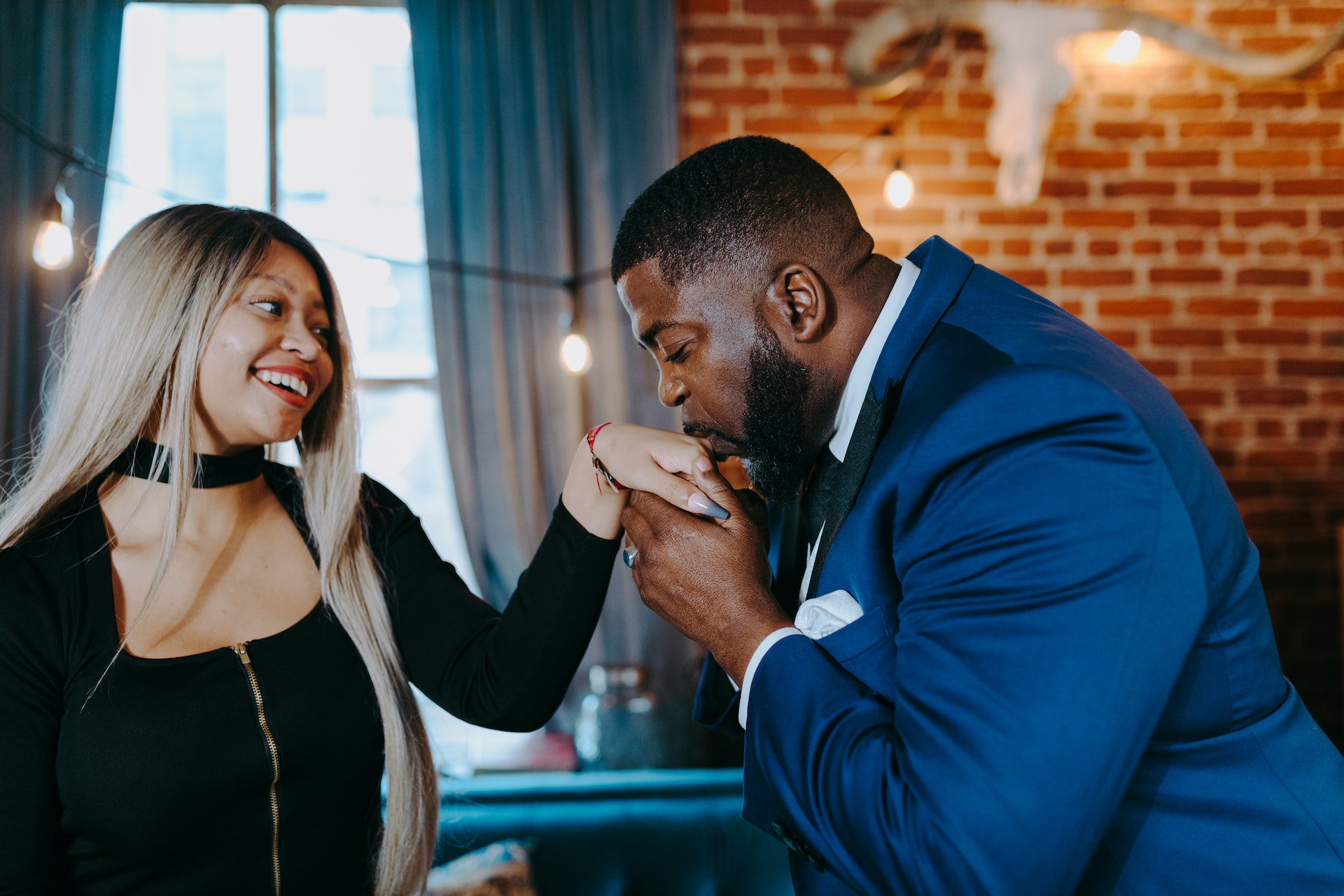The Art of Being in a Loving Adult RelationshipThe Art of Being in a Loving Adult Relationship

Many people have difficulty in adult relationships, even when they are doing well in work or friendships. In a romantic relationship, you may find yourself experiencing a high level of emotion that doesn’t exist in any other area of your life.
Check out these steps for the ongoing work of in-relationship with your partner.
Stop analyzing your feelings and look at them
It does not necessarily reflect your partner’s intentions at the time. Of course, in the case of strong and frequent effects, this may not be the case. Remember that these intense, repeated feelings are often deeply rooted in physical emotional memories and emotional responses related to childhood trauma.
Listen curiously to what your partner has to say
Breathe. Stay open. Gain the empathy of your partner. Stop explaining or defending, and really listen to the content of what your partner is saying. It is worth trying to repeat it with your partner. It is not always productive to listen and fight back, threaten, blame, or deny trying to control your own emotions. You miss what they are trying to convey and you don’t listen through the prism of curiosity.
Hold your emotions and don’t react violently
Stop. Take a breath. Try to reach out to the scared, sad or angry child in you and support them. It’s your job. It’s not your job. Your sense of well-being cannot be based on the actions or beliefs of your partner. This is how you feel as a child when your survival truly depends on the favor and support of an often sane or disrespectful adult. Remember that your partner is probably flawed rather than acting with really bad intent. Two people of good will may have different perceptions of the same situation, and it is important to remember that each is rooted in their own experiences. Be supportive of each other so you can be open to your partner’s experiences as well as your own.
Ask for exactly what you want
Just because your partner doesn’t understand your needs doesn’t mean they don’t really want you. Your partner may be anxious, depressed, threatened, oblivious, or even involved.
I hope your partner is willing and interested in learning and working to build a positive relationship together. If so, your partner will learn to be more aware and accepting over time.
Ask for what you want instead of expressing what you don’t get. It creates a shift towards hope and openness and away from blame and self-fulfilling negative predictions.
Accept disappointment or frustration
Your partner can’t give you what you want, even when you ask for it directly. This is often due to emotional stress and imperfection or even time constraints or other tasks.
In a good relationship, we get some of the things we always want. In a healthy relationship, we get more of what we want most of the time.
Work on your feelings inside and not outside the relationship
This is especially important when you find yourself supporting negative thoughts or feelings (triangulation) of a friend or even a therapist or when you find yourself being left out of a conversation of your own mind. If you support a negative worldview, you will think that you are morally better, and you may even feel comfortable, but you will not develop relationships. It’s the opposite of being in a relationship. It looks like you are alone – you and someone giving yourself-speaking person. It is only supporting your world’s emotional vision and expectations.